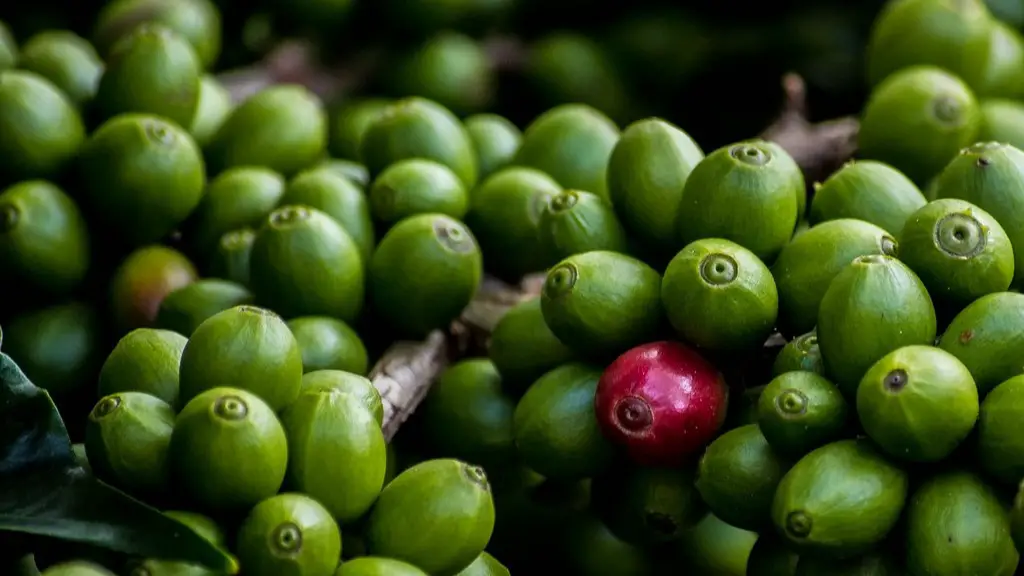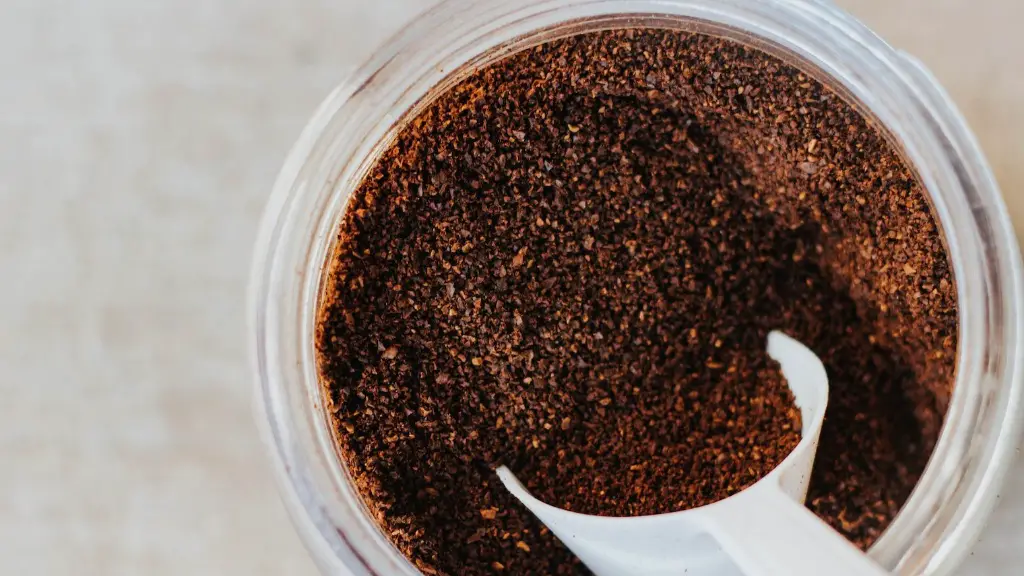Intermittent fasting and keto dieting are two of the most popular health trends today, with many people opting to try them for health, lifestyle and weight loss reasons. But one of the main questions that comes up is whether it is advisable to drink coffee while intermittent fasting on a keto diet. Is it even safe? That’s what we are going to tackle in this article.
At the very least, drinking coffee while intermittent fasting on a keto diet is perfectly safe, thanks to caffeine’s natural ability to speed up your metabolism and give you an extra boost in energy. However, coffee should be consumed in moderation. Too much caffeine can have adverse effects, such as dizziness, headaches, nausea and anxiety. It’s important to remember that caffeine can act differently on the body when combined with other substances, such as medications or supplements.
Drinking coffee while intermittent fasting on a keto diet may also have some positive health benefits. Some studies have found that drinking coffee can increase the body’s ability to burn fat and use ketones for fuel. This can be particularly beneficial for those who want to accelerate their weight loss journey. This means that drinking coffee while intermittent fasting on a keto diet can potentially help to speed up your weight loss results.
That being said, drinking coffee while intermittent fasting on a keto diet isn’t for everyone. Some people may find that the combination of fasting and coffee can be too strenuous for their digestive system. Additionally, if you have low blood sugar levels, drinking coffee while fasting can cause you to become overly fatigued, lightheaded, or even nauseous. It’s important to speak with your doctor before trying this combination to determine if it’s right for you.
Whether or not drinking coffee while intermittent fasting on a keto diet is a good idea is something that can depend on the individual. Before trying this combination, it’s important to consider your health and lifestyle goals, as well as your body’s potential reaction to caffeine, to decide if it is the right choice for you.
What Are the Benefits of Drinking Coffee on Keto?
Drinking coffee on a regular basis is beneficial for many reasons. On a keto diet, drinking coffee can provide an energy boost and help to increase the body’s ability to use ketones for fuel. Studies have also found that drinking coffee can help to reduce feelings of hunger, which can be helpful for those following a keto diet. Additionally, drinking coffee has been linked to improved mood, increased alertness, and improved cognitive performance.
In addition to its other benefits, coffee can also be beneficial for weight loss. Studies have shown that drinking coffee can help to increase metabolism, which can lead to increased fat burning. It can also help to boost energy levels, making it easier to stay active and exercise.
Overall, coffee has the potential to provide some powerful health benefits to anyone following a keto diet. However, it is important to remember to continue to stick to the basics of keto – including a well-balanced eating plan and plenty of exercise – even if you are drinking coffee.
Are There Any Negative Effects to Drinking Coffee on Keto?
Drinking coffee on a keto diet is generally safe and can provide numerous health benefits. However, there can be some potential negative effects to consider. For example, drinking coffee can lead to an increase in blood pressure, which can be dangerous for those with existing heart conditions. Additionally, because caffeine is a stimulant, it can potentially lead to increased feelings of anxiety and restlessness. Additionally, if you’re sensitive to caffeine, drinking too much can lead to headaches, nausea, and other uncomfortable side effects.
It is also important to remember that on a keto diet, the body is in a state of ketosis, which means that it is relying on ketones for fuel. As a result, the body needs to be in a delicate state of balance and too much caffeine can throw this balance off, leading to fatigue and other related symptoms. For this reason, it is important to keep an eye on your caffeine intake and stick to just a few cups per day.
Are There Alternate Sources of Caffeine Other Than Coffee?
The good news is that there are many other alternatives to coffee for those looking for a caffeine boost. For example, tea is a great source of caffeine, with many options that are naturally low in calories and sugar. Alternatively, there are also many energy drinks and pre-workout supplements available that contain varying amounts of caffeine.
Kombucha is another great option that has many added health benefits. Kombucha is a fermented tea that contains naturally-occurring caffeine, as well as beneficial bacteria that can help to improve digestive health. Additionally, there are a variety of herbal teas and root-based drinks that also contain caffeine and can provide a gentle energy boost.
Are There Ways to Get Caffeine Without Drinks?
Yes, there are also many supplements available that contain caffeine, which can provide an energy boost without the need for cups of hot or cold drinks. Caffeine pills and powders are a convenient way to get a boost of energy without having to consume too many calories. Many keto and health supplements also contain caffeine, for those looking for a quick and easy way to get an energy boost.
Other popular caffeine supplements include caffeine gum and menthol patches, which can give you a dose of caffeinated energy when you need it. However, it is important to note that these supplements should not be consumed in excess, as too much caffeine can still have adverse effects.
What Are The Potential Side Effects of Excessive Caffeine Intake?
It’s important to remember that caffeine is a stimulant and can have some serious effects if consumed in excess. Too much caffeine can lead to increased heart rate, headache, nausea, jitteriness and even anxiety. Other effects may include restlessness, irritability, difficulty focusing and insomnia.
Additionally, caffeine can be addictive, so it’s important to be aware of how much you’re consuming on a daily basis. Excessive caffeine can lead to dependency and withdrawal symptoms, such as fatigue, headaches, and difficulty concentrating.
Final Thoughts on Drinking Coffee While Intermittent Fasting on a Keto Diet
Ultimately, whether or not it’s safe to drink coffee while intermittent fasting on a keto diet is something that will depend on the individual. There are some potential positive benefits to drinking coffee while intermittent fasting on a keto diet, such as increased fat burning and energy levels. However, it is important to remember to drink coffee in moderation and consult with a doctor before trying this combination.
In addition to coffee, there are many other alternatives for getting a caffeine boost, such as tea, kombucha, and caffeine supplements. However, it is important to be mindful of your caffeine intake, as excessive consumption can have serious negative effects. But, as long as you drink coffee in moderation while intermittent fasting on a keto diet, it is perfectly safe – and may even be beneficial.




